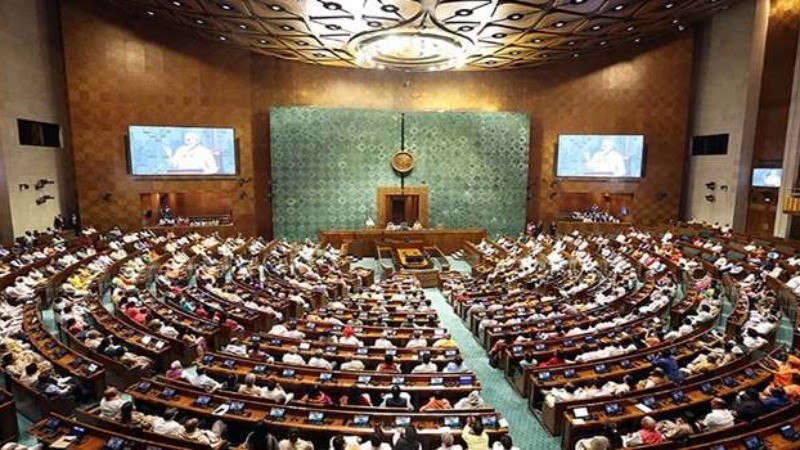
NEW DELHI: On Monday, January 26, 2025, the Joint Parliamentary Committee (JPC) approved the Waqf (Amendment) Bill, incorporating all 14 amendments suggested by the National Democratic Alliance (NDA), led by the Bharatiya Janata Party (BJP). However, the committee rejected all proposals made by opposition members.
“A total of 44 amendments were considered over 6 months of discussions. After careful review, two dozen amendments were approved based on the majority’s decision,” said JPC chairperson Jagdambika Pal. “The opposition’s suggestions were also reviewed and put to a vote, but they received 10 votes in support and 16 votes against,” Pal said after the meeting.
Opposition leaders slammed the proceedings, accusing the chairperson of ignoring democratic practices. Trinamool Congress (TMC) MP Kalyan Banerjee called the process a “sham” and said, “We were not allowed to express our views. Pal acted in an authoritarian manner.”
Banerjee further added, “They had already made up their minds. We were not given a chance to discuss the amendments clause-by-clause. The chairperson simply moved the amendments and declared them approved without considering our inputs.
The Waqf (Amendment) Bill was referred to a 21-member JPC in August 2024. The bill aims to revise the 1995 Waqf Act by addressing issues like the powers of state waqf boards, the survey of waqf properties, and the removal of encroachments.
Opposition Terms It a “Betrayal” of Minorities
Samajwadi Party MP Mohibbullah Nadvi expressed strong disapproval of the proceedings. “This is a betrayal of the country’s minorities and the Waqf Board. It seems like a calculated attempt to exploit waqf properties. Parliamentary procedures were ignored completely,” he said.
The JPC is expected to submit its report during the upcoming Budget session, following the committee's term extension during the winter session of Parliament.
The Waqf (Amendment) Bill, 2024, aims to address challenges like reclaiming illegally occupied waqf properties, improving transparency, enhancing audits, and digitizing records. The original Waqf Act of 1995 was introduced to manage waqf properties but has faced criticism for corruption, encroachments, and mismanagement.
FAQ: What is the meaning of ‘Waqf’?
Waqf is an Islamic concept where a person dedicates a property for religious or charitable purposes, surrendering its ownership to Allah. Once designated as Waqf: